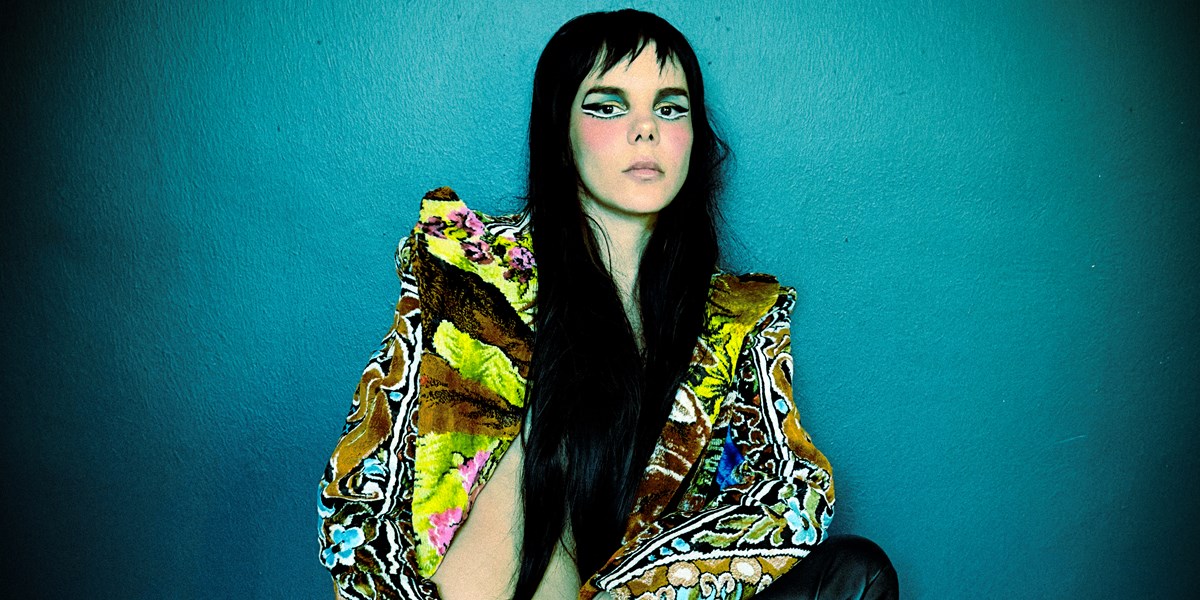Sunday, January 29, 2023
Spotlight: Gaye Su Akyol
By Tim Cumming
Turkish singer Gaye Su Akyol talks about her captivating fourth album which explores the perimeters of space and individual creativity

©Ali Guclu Simsek

Register now to continue reading

Thanks for visiting the Songlines website, your guide to an extraordinary world of music and culture. Sign up for a free account now to enjoy:
- Free access to 2 subscriber-only articles and album reviews every month
- Unlimited access to our news and awards pages
- Our regular email newsletters

